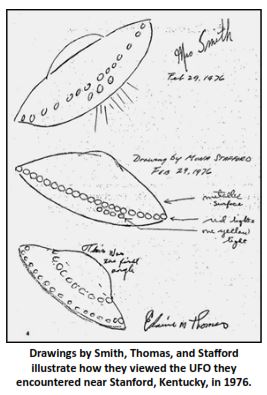Domovois were male house spirits that were said to live in Russian homes—usually the homes of peasants. Domovois were not evil, but they could be mischievous or moody, particularly if the family in question failed to keep a clean house. If the family was good to the domovoi and treated the house well, keeping it properly clean and tidy, then the domovoi would serve as their protector.
Domovois also known as Domovye are masculine, typically small, bearded, and sometimes covered in hair all over. According to some traditions, domovye take on the appearance of current or former owners of the house and have a grey beard, sometimes with tails or little horns. This belief is commonly held to be a remnant of the pre-Christian cult of ancestors which is also reflected in some of the titles of the domovoi (e.g., dedko, dedushka "grandfather"). There are tales of neighbors seeing the master of the house out in the yard while in fact the real master was asleep in bed. It has also been said that domovye can take on the appearance of cats or dogs. The domovoi is more often heard than seen and his voice is said to be hollow and harsh.
A certain amount of respect had to be shown to the domovoi. In addition to keeping a clean house, people had to be careful to keep places like the center of the room and the threshold of the house clear at night, since that was when the domovoi liked to move about.
Domovois also known as Domovye are masculine, typically small, bearded, and sometimes covered in hair all over. According to some traditions, domovye take on the appearance of current or former owners of the house and have a grey beard, sometimes with tails or little horns. This belief is commonly held to be a remnant of the pre-Christian cult of ancestors which is also reflected in some of the titles of the domovoi (e.g., dedko, dedushka "grandfather"). There are tales of neighbors seeing the master of the house out in the yard while in fact the real master was asleep in bed. It has also been said that domovye can take on the appearance of cats or dogs. The domovoi is more often heard than seen and his voice is said to be hollow and harsh.
A certain amount of respect had to be shown to the domovoi. In addition to keeping a clean house, people had to be careful to keep places like the center of the room and the threshold of the house clear at night, since that was when the domovoi liked to move about.
The various noises heard in a house at night were said to be the sounds of a domovoi, although he preferred to stay invisible. Moans or loud noises were a sure sign of a displeased domovoi, while sounds of music or laughter were good signs. Some of the domovoi’s nighttime activities consisted of tending to the livestock and keeping outside spirits from intruding on and interfering with his family.
Although domovois preferred to remain invisible, they could take various forms as it pleased them, including anything from a frog to a copy of the human master of the house. If someone really did wish to see his or her domovoi, he or she had to wait until Holy Week or Easter Sunday. At this time, the individual had to take butter made from the milk of the first seven cows to be milked for the first time and smear it on his or her head, wear all new clothing and footwear to church, and, during the liturgical service, turn around. There and then, the domovoi would reveal himself.
A domovoi also could be prophetic as his behavior foretells or forewarns about the future. If he laughs, sings, jokes, or dances good times can be expected, and if he strums a comb there is a wedding in the future, but if he wails at night, extinguishes a candle or makes himself visible it means a family member, usually the head of the household, will die.The touch of the domovoi is also a harbinger. If his furry hand feels warm, good fortune is indicated; however if his touch is icy cold, misfortune is coming.
The domovoi had to be invited into a new home when a family moved. This was done by taking coals from the hearth of the old house and using them to start a fire in the hearth of the new house. It was also considered respectful for the head of the family to walk into the new house with bread and salt.Today, some people still believe—or at least claim to believe—in the domovois. Homeowners sometimes make respectful offerings to them.
Sources:
https://en.wikipedia.org/wiki/Domovoi
Storytelling: An Encyclopedia of Mythology and Folklore edited by Josepha Sherman
Pic Source:
https://en.wikipedia.org/wiki/File:Domovoi.jpg










Please don't put your website link in Comment section. This is for discussion article related only. Thank you :)